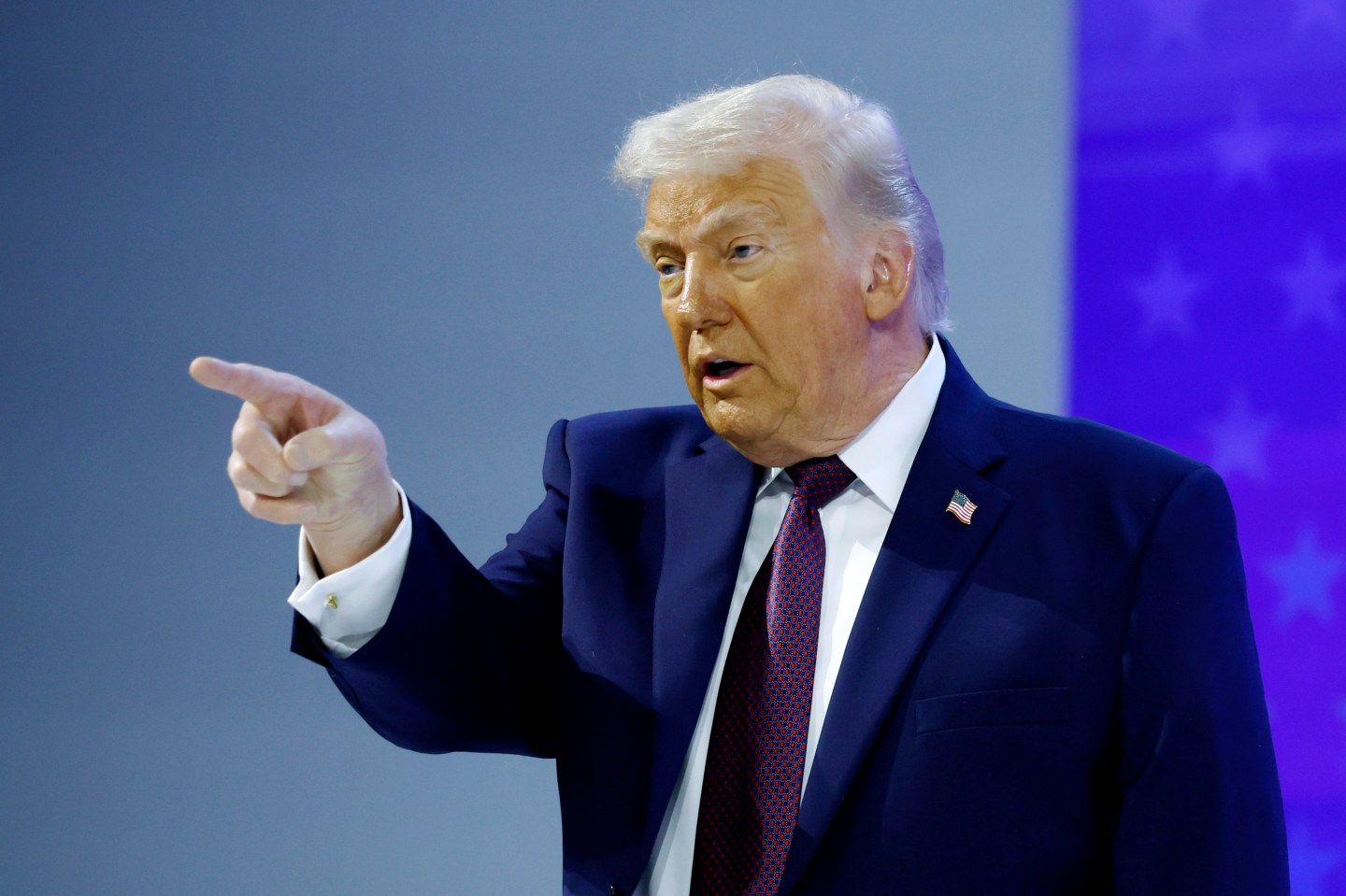From Cuba to Japan, nuisance robocalls are a reality the world over, costing telecommunications firms between $30 billion to $40 billion annually. But one country stands out.
“About 75% of robocalls originate in the United States,” says Jim Tyrell, Senior Director of Product Marketing for Transaction Network Services, a Reston, Va., telecoms networking security firm. And, he adds, with U.S.-based scammers focusing most of their efforts on the home market, the most lucrative in the world, the scam is falling mostly on Americans.
Last year, Americans were hit with 48 billion robocalls. Despite new measures by the Federal Communications Commission to crack down on the practice, Americans are on pace to get nearly 60 billion calls this year, or 5 billion each month, Tyrell says, dwarfing any other country.
Telco fraudsters aren’t just bugging Americans with too-good-to-be-true deals and outright swindles. They’re increasingly exporting their robo-trade abroad. The American pastime of robocalls at lunch and dinner is beginning to become a way of life everywhere. (As an owner of two mobile phones – one with a U.S. Number, the other with an Italian number – the difference in robocall volume, by country, is not even close. The American number gets unsolicited calls daily. Unwanted calls to the Italian mobile are a weekly hassle.)
There are a number of quirks for why the U.S. Market makes such an ideal place to set up a robocall-spamming operation, according to Jason Lane-Sellers, Director of Solutions Consulting at LexisNexis Risk Solutions. Firstly, the U.S. Has a vast (and growing) VOIP – voice over Internet protocol – infrastructure, a technology that’s cost-effective for making cheap calls in bulk. Secondly, much of the U.S. Cellular market is governed by the “receiver party pays” (RPP) regime. In most other countries, including Europe, it’s the opposite – it’s “calling party pays.”
If you’re a scammer, where would you want to set up shop? Answer: an RPP country, where the stiff on the other end of the line (or, the stiff’s telco provider) pays for the placed call.
The robocalls problem goes well beyond interrupted dinners. TNS publishes an annual robocall fraud report for the telecoms trade group, GSMA, each year. Among the new tricks they’re seeing: “neighbor spoofing” in which fraudsters masquerade their call number to look like a legit caller from nearby. And, according to TNS, one in 4,000 mobile numbers are hijacked and spoofed monthly by robocall scammers. As a result, 20% of these spoofing victims have been forced to disconnect their phone. And, the Federal Trade Commission estimates phone-based fraud costs $9.5 billion annually.
The world’s telecoms companies are anxiously watching what emerges from the FCC-mandated rules for major carriers to instate the caller-ID authentication system known as SHAKEN/STIR. Under this system, incoming calls would be clearly identified. Not only that, the new rules allow carriers to block suspected nuisance robocalls.
SHAKEN/STIR would be the most aggressive move ever by a national regulator to crack down on robocall scammers. But it could also be the move that forces U.S.-based robocall kingpins offshore. Or, it could give rise to non-U.S. Scammers entering the playing field, analysts say. (Just recently, the FCC issued a warning to consumers to be wary of the so-called “one ring” robocall scams that appear to originate overseas, often in Africa.)
“The global impact of SHAKEN/STIR will be interesting to see. Cracking down on robocalling has always been a game of whack-a-mole,” he says, adding that such a tough new regime could be disruptive to scammers in the long-run. But in the short-term it will likely send the scammers underground.
SHAKEN/STIR could have real teeth the world over if international cooperation agreements emerge between countries. There’s a lot of speculation that Canada, which has its own version of SHAKEN/STIR in the works, would join the U.S. For binding rules that protect consumers in both countries against robocall scams.
But before any multinational agreement happens, countries will want to see if SHAKEN/STIR actually works as intended, a Swiss analyst who works with the International Telecommunications Union told Coins2Day. “If it’s effective in the U.S., then it could become a possible international solution,” he says.
Until then, this distinctly American problem will require an American solution.
More must-read stories from Coins2Day:
—Does the SEC’s ICO lawsuit against Kik go too far?
—How cord-cutting is driving big changes across the media landscape
—Andreessen Horowitz’s Scott Kupor demystifies the VC funding process
—To break up Facebook, here’s where the government might start
—Listen to our new audio briefing, Coins2Day 500 Daily
Follow Coins2Day on Flipboard to stay up-to-date on the latest news and analysis.











